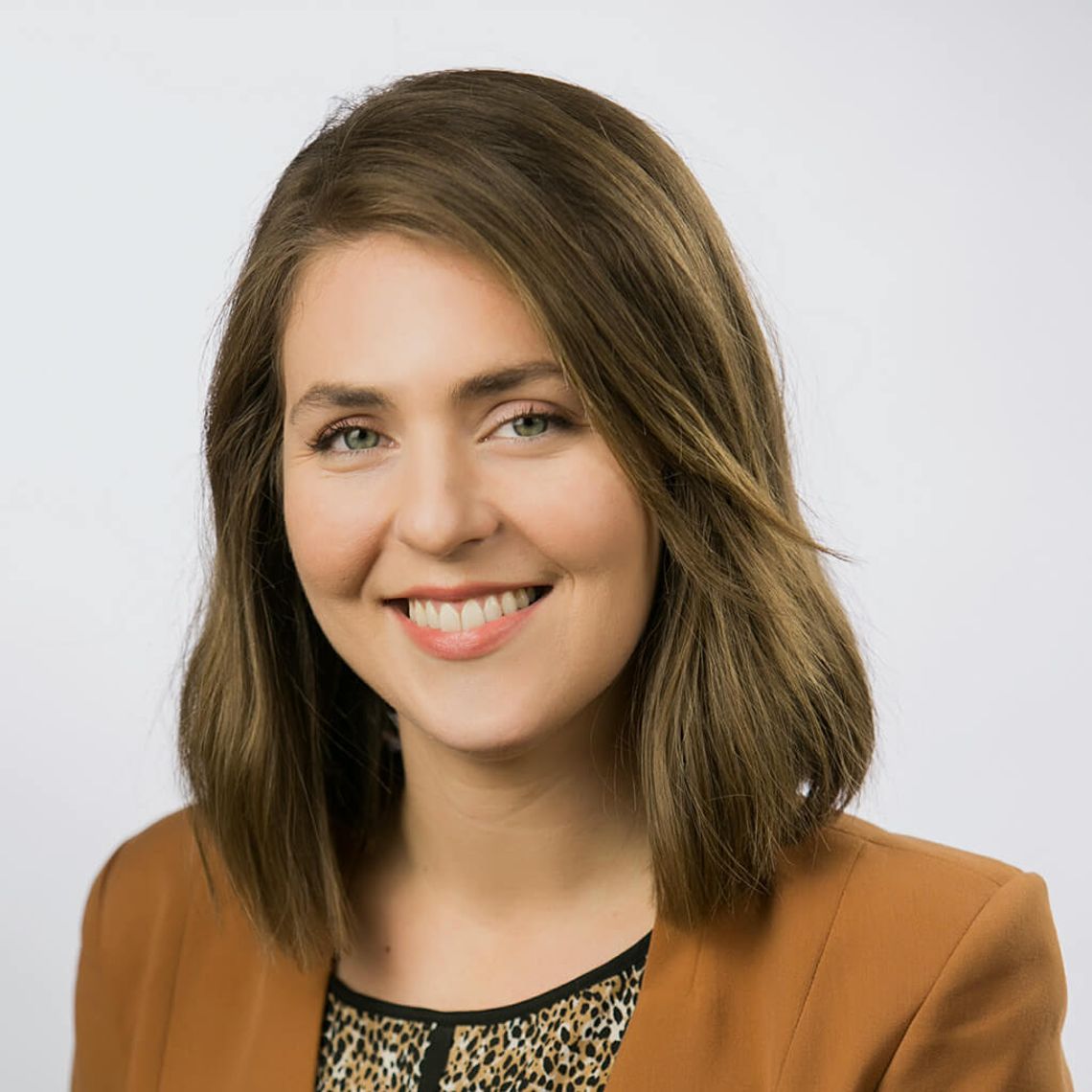New data shows that public school enrollment has declined by nearly 25,000, or about 5 percent, over the past year. At the same time, homeschooling has increased by 35 percent.
As we reflect on the past year, it’s clear that the coronavirus pandemic has upended norms, but it has also made way for reforms not previously thought possible. This is certainly true in education.
This year, traditional schools have been faced with the challenge of delivering an academic program online. Newer options like learning pods and microschools have surged. Virtual schools and their flexibility have become more attractive. Homeschooling has gained popularity rapidly.
What does this mean for the future of education? Whether these shifts mark fundamental changes or are only unique to this strange year, we would be wise to go “back to the basics” to find clarity in unfamiliar territory.
In a world that often pays more attention to short-term measures than long-term outcomes, times like these remind us of the main purpose of schooling: helping form knowledgeable, productive, upstanding members of society.
With parents in droves reclaiming their role as education decisionmakers, they have also provided a powerful reminder that they are their children’s best and most invested advocates and that their satisfaction matters. Even in crisis, parents’ values have not changed much: safety and academics remain top priorities.
The phenomenon of learning pods in particular shows that families are not content to be passive participants in their children’s education but will roll up their sleeves to build a school from the ground up if that is what they have to do. According to a September survey by EdChoice, a large majority of parents say they want multiple learning options this year – if they don’t get them, they may just create them.
Pods, much like the one-room schoolhouses of the 19th century, are driven by families who pool their resources and work together to educate their children. They may simply support students enrolled in traditional or virtual schools, or they may provide a full or part-time academic program arranged around a curriculum, theme, or need. Parents may divvy up teaching responsibilities by expertise or hire a teacher or two. They may meet in homes or acquire a facility.
The attraction of such small school environments likely lies in their accessibility and adaptability. Depending on the set-up, they can form quickly, can morph to confront new challenges, and have the potential to be quite affordable. Supply can meet demand without delay.
One Mississippi mother whose child with special needs is participating in a learning pod is thrilled, saying “he is getting the individual attention he never received in traditional public or private school.”
Over the years, Mississippi has moved incrementally toward true education options and an atmosphere of innovation, from charter schools and education scholarship accounts to open enrollment and Districts and Schools of Innovation.
In a shifting education landscape, responsive policies like these need to expand further to ensure great education options are available to all who want or need them, especially now. If 2020 has taught us anything, it’s that American entrepreneurialism is alive and well and “just wait” is an answer that parents – rightfully so – won’t accept anymore.
Elyse Marcellino is the Vice President for Education at Empower Mississippi


Comment
Comments